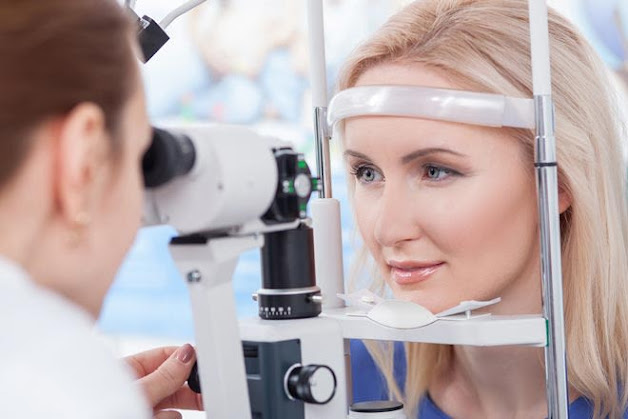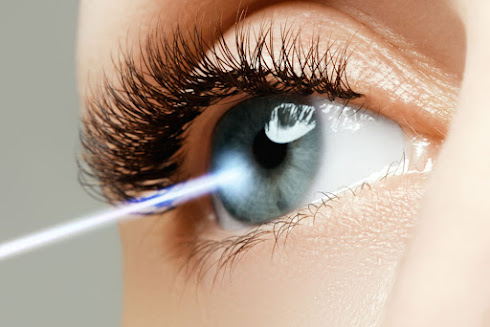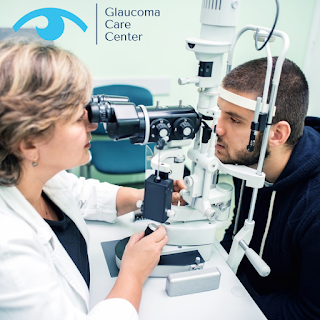Glaucoma Treatment: The Benefits, Warning Signs, And Long-term Effects
Glaucoma is an eye disease that causes irreversible blindness and is a leading cause of blindness and permanent visual impairment worldwide. The article discusses symptoms, diagnosis, and treatment for glaucoma.
What is Glaucoma?
Glaucoma is a leading cause of blindness in the United States. The disease is caused by an increase in intraocular pressure (IOP) that damages the optic nerve and results in a loss of vision. Early detection and treatment are crucial to prevent permanent blindness.
There are many potential benefits to treating glaucoma, including:
-Prevention of permanent blindness
-Reduction in visual field loss
-Improved vision
-Fewer surgical procedures
-Fewer side effects from other treatments
If you notice any signs or symptoms of glaucoma, be sure to see your Best Eye Doctor in Newport Beach, CA for a diagnosis and treatment plan.
Causes and Risk Factors of Glaucoma
Glaucoma is a condition that damages the optic nerve, leading to vision loss. It can be caused by several things, including genetics and age. There are several risk factors for glaucoma, including:
-Having a family history of the condition
-Excessive eye pressure (high blood pressure)
-Being African American or having brown eyes
-Being over 50 years old
-Having a history of open-angle glaucoma or other anterior optic neuropathy
-Having severe nearsightedness or myopia
- Smoking
- Having an eye infection
Symptoms
If you're experiencing any of the following symptoms, it's time to see your eye doctor:
-Blurred vision
-Eyestrain
-Constricted vision
-Double vision
-Difficulty seeing at night or in low light
-Halos around lights
See your Glaucoma Clinic near me Orange County, CA if you notice any of these symptoms and they're not due to other causes, like a head injury or age. Glaucoma is a severe eye disease that can damage your vision and lead to blindness if not treated early.
Glaucoma is the most common cause of blindness in adults over 55. If you have any of the following signs or symptoms, see an eye doctor:
1. A sudden change in your eyesight that you can't explain.
2. A gradual loss of your eyesight that's been going on for a long time.
3. A sudden increase in the pressure inside your eyes.
4. Eye pain that doesn't go away, even with treatment.
Diagnosis
There are many signs and symptoms of glaucoma, so if you think someone you know may have the condition, it's essential to check them out.
Glaucoma is a severe eye disease that can lead to vision loss if not treated. Fortunately, many treatment options are available, and most people who get glaucoma can see a significant improvement in their vision over time.
If you or a loved one think you may have glaucoma, the first step is to get a diagnosis from your doctor. There are many signs and symptoms of glaucoma, so you must consult an eye doctor if you are concerned about your vision.
Some of the most common signs and symptoms of glaucoma include:
-A gradual increase in pressure in your eyes
-A change in your eye's color or appearance
-Tiredness or difficulty focusing on objects close to your face
-Sensitivity to light
Types of Glaucoma Treatments
Many types of glaucoma treatments are available, each with its own benefits and drawbacks. Some of the most common types of treatments include:
-Steroids: These medications help decrease the pressure inside the eye by reducing inflammation and swelling. However, steroids can also have side effects, such as cataracts and decreased vision.
-Surgery: Surgeons may perform a traditional trabeculectomy, removing part of the eye's trabecular meshwork. This can improve how well the eye responds to pressure and reduce the risk of glaucoma recurrence in some people.
-Glaucoma laser surgery: This type of surgery uses a high-intensity laser to burn away the area around the optic nerve responsible for eye vision. Surgery may be necessary if other treatments, such as medication or cataract surgery, don't work well enough.
-Ischemia therapy: Ischemic therapy refers to using blood vessel blockages to lower intraocular pressure (IOP). This treatment is often used with other glaucoma treatments, such as laser surgery or steroids.
Long-term Effects of Treating Glaucoma
Treating glaucoma has long-term effects, but they tend to be mild. The most common long-term effects are changes in your field of vision and a loss of depth perception. These changes usually only last for a few months or years, but they can occasionally stay for more extended periods. Other long-term treatment effects include damage to the optic nerve, cataracts, and blindness. However, these are rarer than the more common short-term effects.
For More Information
Read more related blogs:- https://glaucomacare.blogspot.com/2022/07/top-glaucoma-specialists-in-orange.html
Call Us On:- (949) 288-2382




Comments
Post a Comment